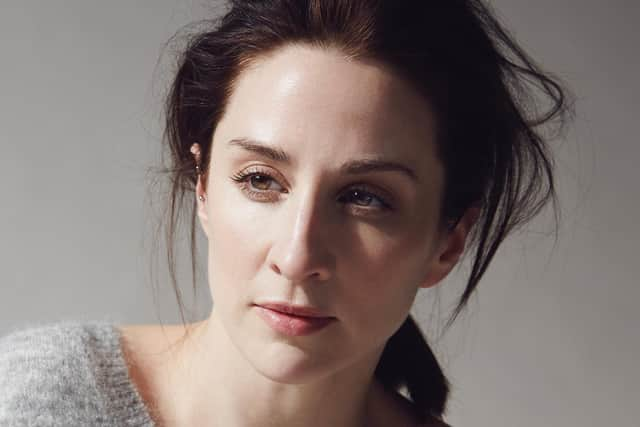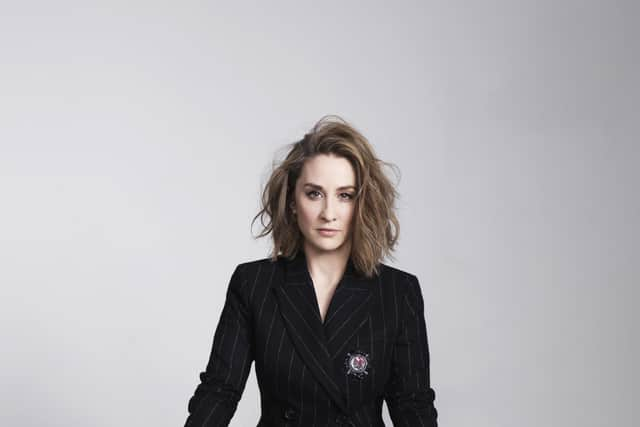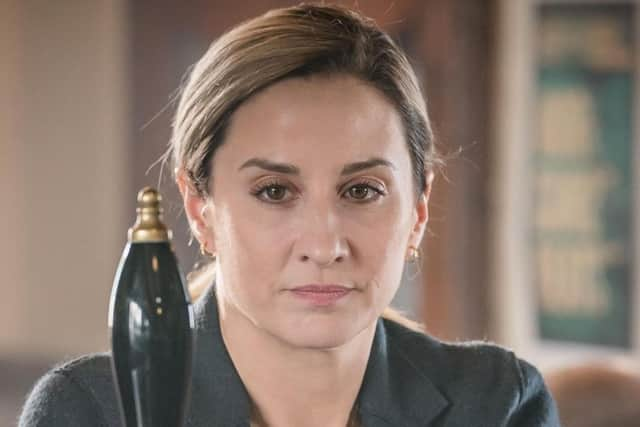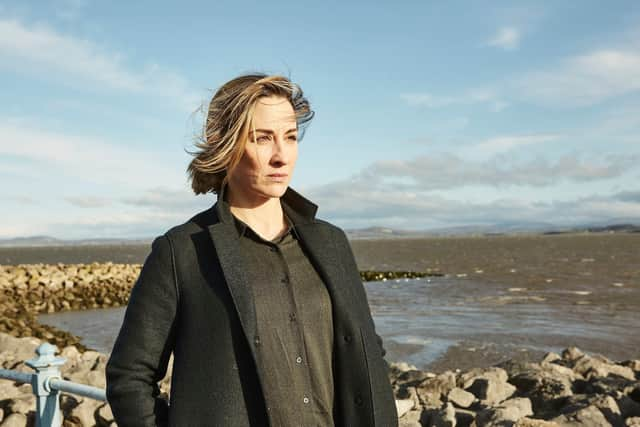Actress Morven Christie on being treated differently due to her working-class Glasgow accent


Scottish stage and screen actress Morven Christie has spoken out about being treated differently and patronised throughout her career for having a working-class Glasgow accent.
The star of The Bay, The A Word, Grantchester and Payback said she has constantly had "baggage" attached to her accent and assumptions made about her class, intelligence and personality.
Advertisement
Hide AdAdvertisement
Hide AdChristie has told how she was regularly "helped' to understand basic punctuation or classical language in rehearsal rooms "by well-meaning Oxbridge types” despite training at drama school in London.


Writing in the latest edition of the magazine-book series Disruptors, Christie recalled finding it "frustrating and upsetting" at how her presence could "trigger both a casual sense of intellectual and artistic superiority, and also a deep defensiveness and insecurity around privilege and merit."
She also told how she has felt like an "outsider" since she grew up in council housing and went to a school "with more privileged homes than mine."
Helensburgh-born Christie was raised in Glasgow and left school at the age of 15. She trained at the Drama Centre London and then worked in theatre with the Old Vic, the Bush Theatre and the Lyric Theatre in London, the Royal Shakespeare Company, the National Theatre of Scotland and the Brooklyn Academy of Music.
After early TV roles Twenty Twelve and Hunter, Christie came to prominence with starring roles in the drama series Grantchester, The A Word and The Bay.


Recent roles have included crime drama Payback, supernatural thriller series Lockwood and Co, and First World War feature film The Road Dance.
Christie said: “I grew up in a suburb of Glasgow, in council housing. The school I went to had lots of young people from more privileged homes than mine and I felt like an outsider almost all the time.
Advertisement
Hide AdAdvertisement
Hide Ad“I think that’s been present in almost every area of my life since – I’m constantly working on not bringing it with me, but I always tend to stay on the outside.
"I became very conscious when I started out that people can attach a lot of baggage to my accent – not just about class, but assumptions about my intelligence and personality. There is language that is reserved for use about women with working-class accents – she’s tough, she’s angry, she’s outspoken, she’s fiery. I still hear them all the time.


"I worked in classical theatre a lot in the first decade of my career and, of course, I’ve always read roles in whatever accept is required for the character, but early on I would go into auditions speaking in RP (Received Pronunciation) as *myself* to avoid having to battle those assumptions.
"In the rehearsal, I was forever being ‘helped’ to understand basic punctuation or classical language – or ideas generally – by well-meaning Oxbridge types, despite having trained at a classical drama school and ultimately having booked lead roles through the same process they did.”
Christie said she did not particularly think of herself as a challenger of the status quo but as someone who “trying to be authentic in an environment that can sometimes encourage inauthentic behaviours.”
She added: “There’s definitely a sense with being an actor – even just being a woman – that we are so lucky to do what we do that we should be grateful and quiet.”
Comments
Want to join the conversation? Please or to comment on this article.
